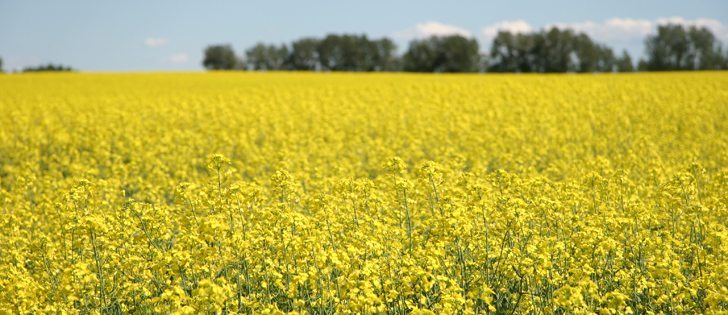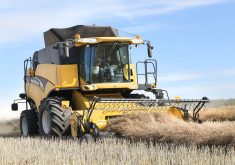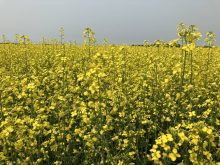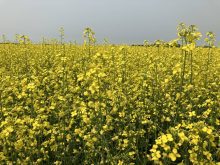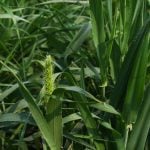Expanded market Canadian canola has been restricted to only coastal areas of China since 2009
Canadian canola officials hope to begin opening the door to China’s inland crushing plants within months.
They think Canadian and Chinese scientific authorities will likely complete their analyses and recommendations before the end of the crop year, allowing their governments to work on an access deal.
“We’re working together with China on that,” Jim Everson of the Canola Council of Canada said about analytical work on the possible danger of Canadian blackleg to Chinese rapeseed crops.
“We hope to be able to conclude most of that work in the next months.”
Read Also
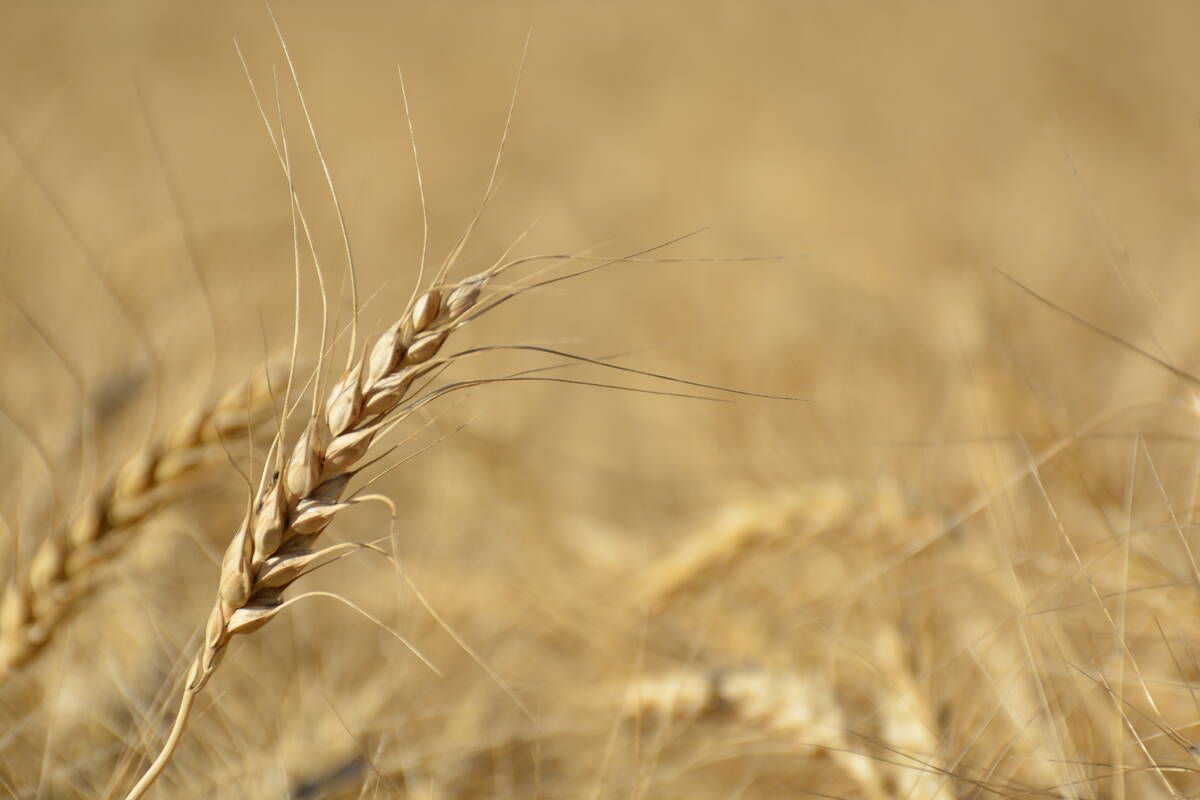
USDA’s August corn yield estimates are bearish
The yield estimates for wheat and soybeans were neutral to bullish, but these were largely a sideshow when compared with corn.
Huge amounts of Canadian canola still flow to China, but access to that market has been restricted since Nov. 15, 2009, by rules that keep Canadian canola out of crushing plants in China’s rapeseed and canola growing regions. Seed can go only to crushers in coastal areas.
Those restrictions and the potential of future cramps on trade have at times created a negative premium on the prices that grain companies offer to farmers, said market analyst Greg Kostal.
Grain companies and exporters discount the price to farmers as a form of insurance because of their worries about restrictions.
“If you have greater risk, the trade will tend to not sell as much, or it wants to get paid before it initiates any more business, or there’s a wider handling margin,” said Kostal.
Fortunately for Canadian growers, the effect on prices is probably minimal now because of short supply of Canadian canola and booming demand, he added.
“In canola right now, I don’t think you can argue that there’s any blackleg (negative) premium,” said Kostal.
However, prices could take a hit if canola and oilseed supplies grow or world demand weakens because of the China uncertainty.
Canada’s restricted but vigorous access to China’s booming market is much better than Australia’s situation with the same issue. Australia has not negotiated a restricted access but is trying to establish the same sort of arrangement as Canada’s.
Australia cannot export canola seed to the coastal crushers that Canada has had access to for more than two years.
Kostal said opening more Chinese crushing plants to Canadian canola would help both China and Canada because each is dealing with distortions created by the restrictions.
It is good to see governments trying to reduce the trade problem before stocks rebuild, raising the potential for discounts to re-appear, he said.


